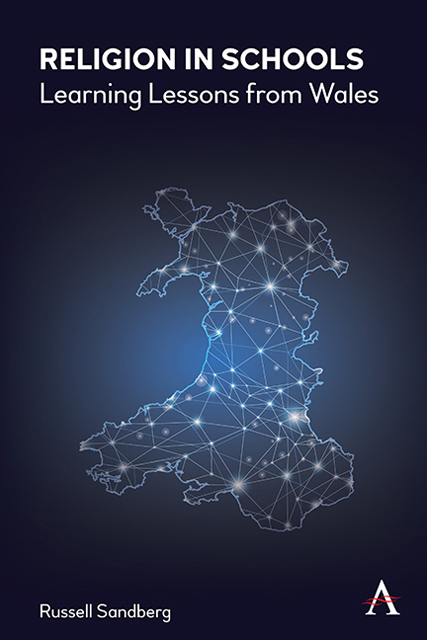6 - The Human Rights Context
Published online by Cambridge University Press: 09 December 2022
Summary
Although it is regulated by State law, the law on religious education and workship in England continues to be a local affair. The current legal framework assumes that Christianity is the norm but permits SACREs to make allowances for local variations and gives parents and, in the case of religious worship, sixth-formers the right to withdraw. The law also allows for a variety of different schools with a religious character where, again, the general legal provisions can be altered. However, in a religiously diverse and often sceptical society, many argue that an approach that gives Christianity preferred status is outmoded. It has been observed that collective worship in schools today, if carried out to the letter of the law, demands almost as much commitment from children as from adult members of monastic orders. This is the nub of the problem. Empirical studies have repeatedly reinforced the concerns expressed in the House of Lords by Baroness Cox and others; the current legal framework is simply not being followed by schools. This is especially true of the requirement for a daily act of religious worship. As long ago as 1994, the General Secretary of the Secondary Heads Association stated that:
A law which cannot be obeyed or enforced is a bad law, and it should be amended. […] This is undoubtedly the case with regard to collective worship in schools.
The question of reform has received increased attention in recent years. In 2018, the Commission on RE recommended that RE be renamed Religion and Worldviews, and that a non-statutory programme of study be developed at a national level at a similar level of detail as for History and Geography in the national curriculum. The need to reform the law on religious worship has been singled out in particular. The United Nations Committee on the Right of the Child has expressed its concern that pupils are required by law to take part in religious worship and has recommended that the law be changed to ensure that children themselves, as opposed to their parents, have the right to withdraw. Private Members bills have been repeatedly introduced on the matter but, to date, all have proved unsuccessful.
- Type
- Chapter
- Information
- Religion in SchoolsLearning Lessons from Wales, pp. 47 - 50Publisher: Anthem PressPrint publication year: 2022



